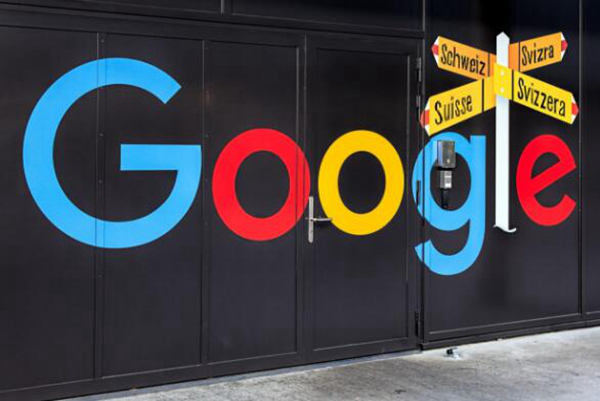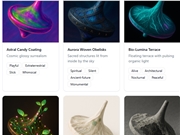Digital media giant Ziff Davis recently filed a lawsuit against AI company OpenAI, alleging copyright infringement for using content from its various media platforms to train its AI models without permission. Ziff Davis, which owns prominent brands like CNET, PCMag, IGN, and Everyday Health, accuses OpenAI of intentionally and repeatedly copying its works without authorization and using them to train its AI product, ChatGPT.
The lawsuit claims that despite Ziff Davis explicitly prohibiting web scraping through its robots.txt file, OpenAI still used this content for model training and allegedly removed copyright information. Ziff Davis, one of the largest publishers to sue OpenAI to date, boasts over 45 media brands, more than 3800 employees, publishes nearly 2 million new articles annually, and receives over 292 million monthly visits.
According to a New York Times report, Ziff Davis's lawsuit states that hundreds of complete copies of its works were found in OpenAI's publicly available WebText dataset. The company is seeking a court order to prevent OpenAI from further using its works and to destroy all datasets and models containing its content.
In response, OpenAI spokesperson Jason Deutrom, in an interview with The Verge, stated that ChatGPT's development aims to enhance human creativity, advance scientific discovery and medical research, and help improve the daily lives of hundreds of millions of people. He emphasized that OpenAI's models are trained on publicly available data and adhere to the principle of fair use. Ziff Davis has not commented further.
Copyright issues remain a significant concern in the AI field. Previously, several media companies, including Vox Media, the Associated Press, and the Financial Times, have reached content licensing agreements with OpenAI, while the New York Times and other media outlets have also filed copyright infringement lawsuits. This series of lawsuits highlights the escalating conflict between content creators and technology companies in the development of AI, and the need to balance their interests remains a crucial challenge.
Key Points:
📄 Ziff Davis sued OpenAI for unauthorized copying of its media content.
⚖️ OpenAI responded that its training adheres to fair use principles and aims to enhance human creativity.
📰 Several media companies have reached content licensing agreements with OpenAI, highlighting the widespread concern over copyright issues.









